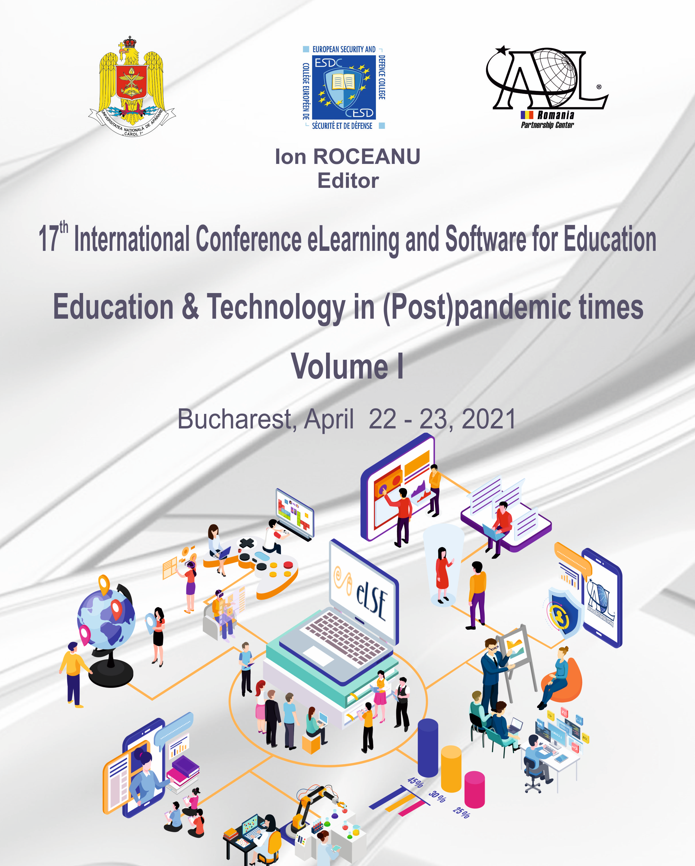E-LEARNING IN THE POST-PANDEMIC FUTURE
E-LEARNING IN THE POST-PANDEMIC FUTURE
Author(s): Alba-Iulia Catrinel POPESCUSubject(s): School education, Higher Education , Health and medicine and law, ICT Information and Communications Technologies, Geopolitics, Distance learning / e-learning
Published by: Carol I National Defence University Publishing House
Keywords: COVID 19 pandemic; e-learning; essential-learning; ed-tech; digital learning;
Summary/Abstract: In 2020, education has been hardly hit by the COVID-19 pandemic. Thousands of schools and universities around the world have been forced to close their doors, millions of pupils and students have faced the risk of interrupting their educational path and millions of other teachers have faced the risk of academic freeze. However, the current pandemic, similar to other great plagues that preceded it, through the medical crisis it triggered, has forced states and societies to adapt, to find solutions, to innovate, to progress. A solution to such educational crisis has been the development and large-scale implementation of the e-learning. Considered, until the beginning of the pandemic, an alternative system for traditional education, e-learning has turned into an "essential-learning", becoming the saving solution that has taken the academic year out of the impasse. The change in the status of digital education has led to the development of a new industry, known as ed-tech, and has highlighted the advantages and disadvantages of such an education system. On the one hand stand the advantages of unlimited access to information, the qualitative increase of the teaching performance, the diversity of means of graphic expression and mass media, the development of computer management skills and of graphic editing of teaching materials, advantages shared both by the teaching staff and students. On the other hand, poverty, underdevelopment and technical problems, inherent in the process of data transmission, risk to deepen the gap between the poor and the rich of this world. Therefore, to what extent will e-learning be able to maintain its "essential-learning" status even after the end of the pandemic? What are the strengths and weaknesses of digital education?
Journal: Conference proceedings of »eLearning and Software for Education« (eLSE)
- Issue Year: 17/2021
- Issue No: 01
- Page Range: 42-46
- Page Count: 5
- Language: English

